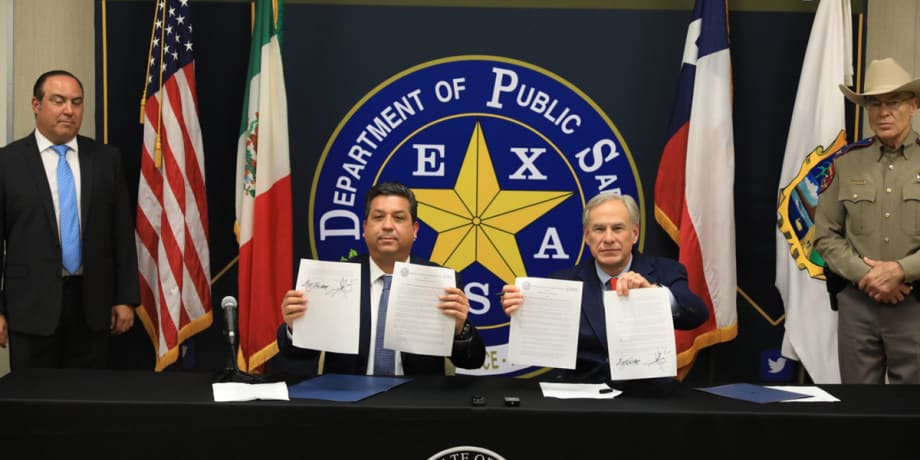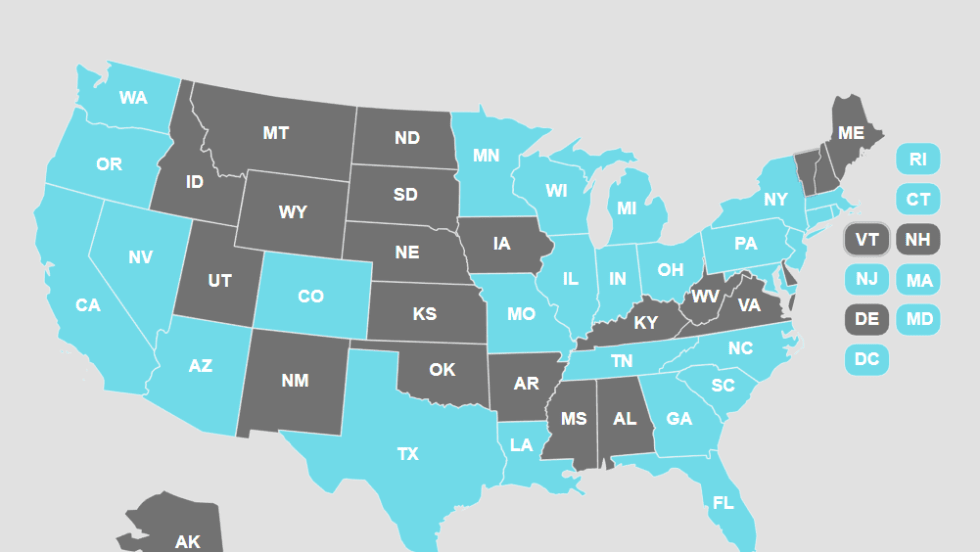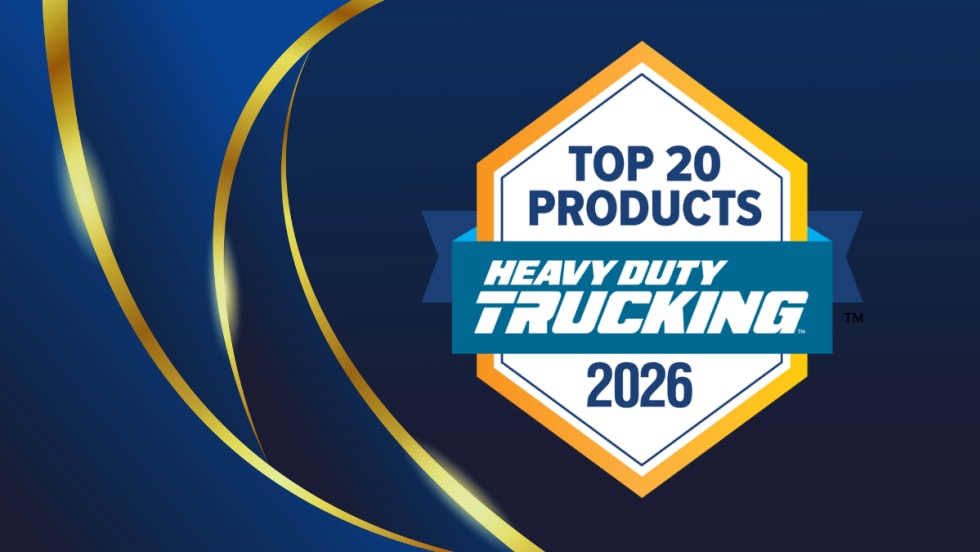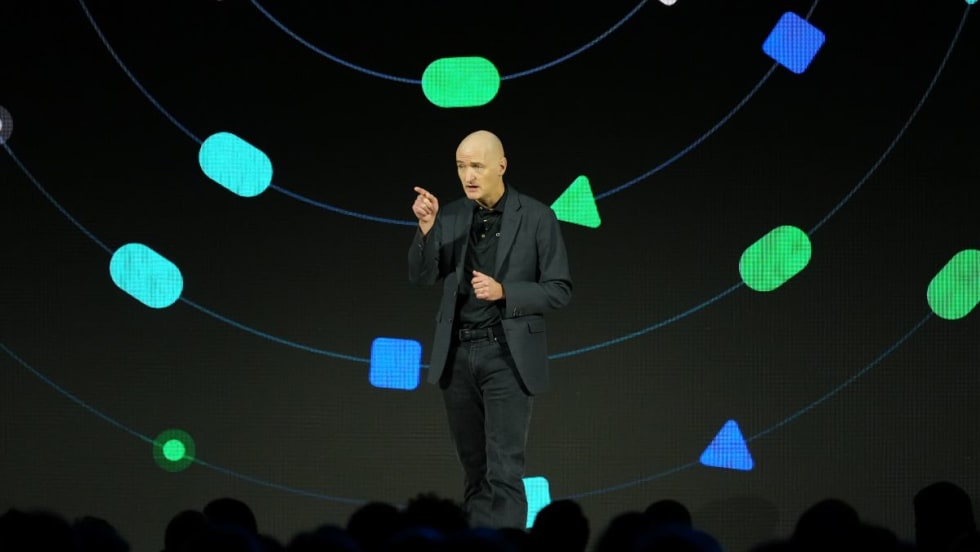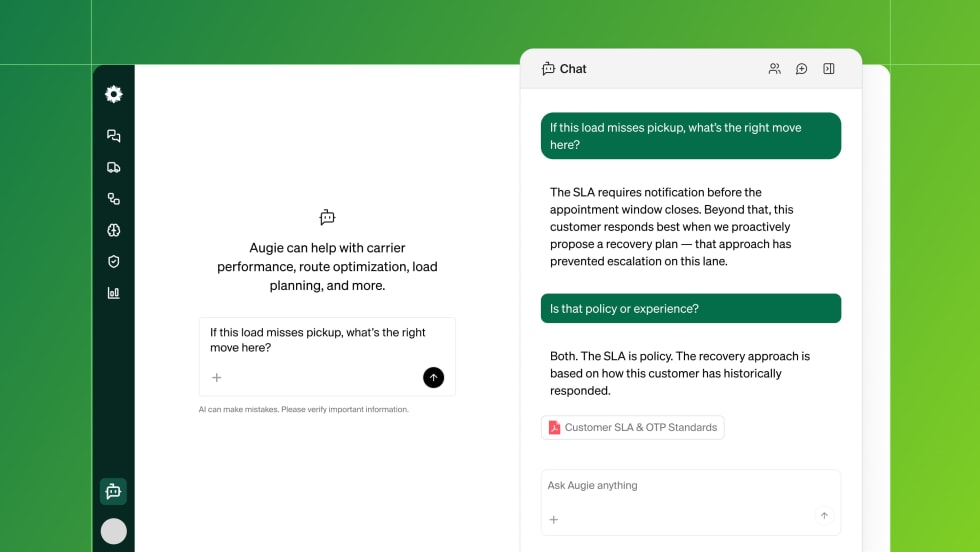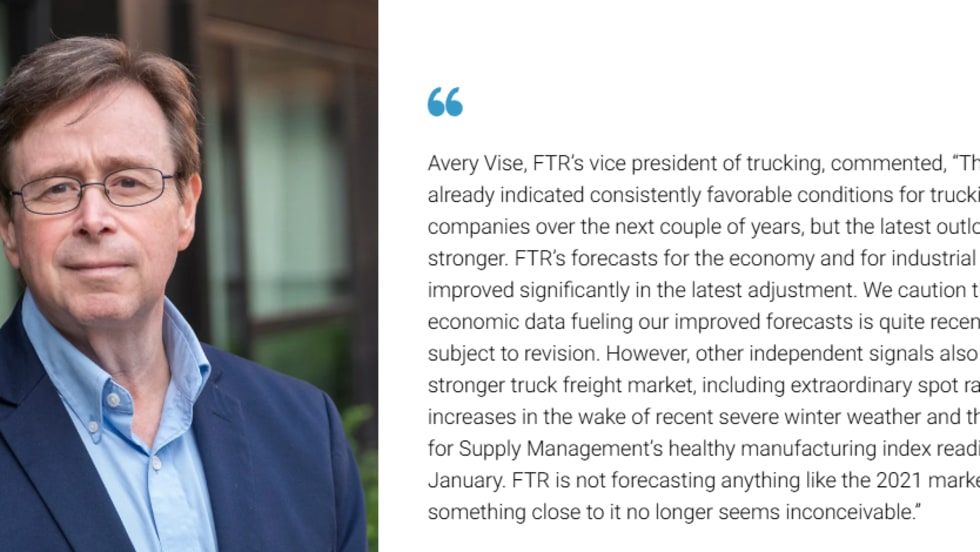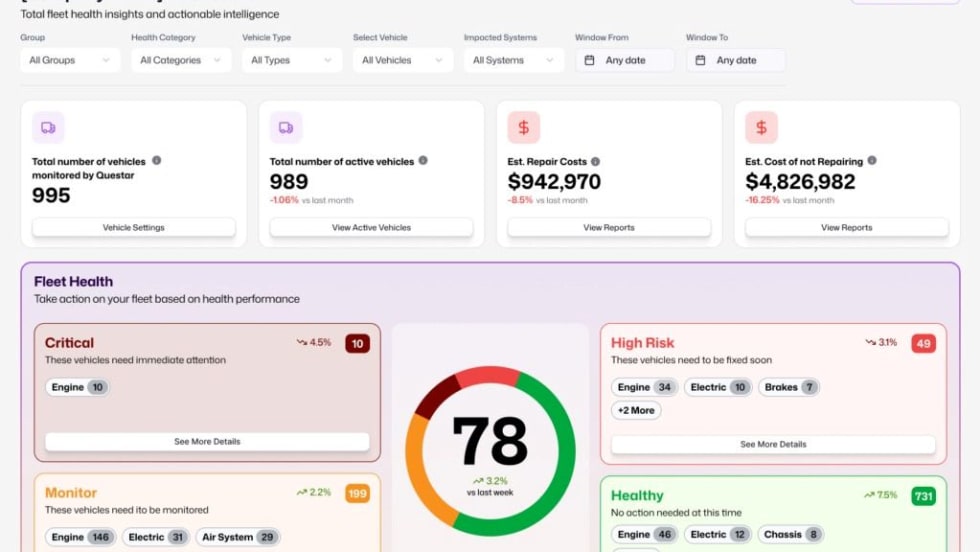After trucks were facing delays exceeding 5 hours at some Texas-Mexico border crossings and commercial traffic dropped by as much as 60%, Texas Gov. Greg Abbott last week decided to walk back an order he made earlier this month to increase inspections at the Mexican border.
On April 15, after a week of backlash from local businesses and the trucking industry, Abbott signed an memorandum of understanding with the Tamaulipas governor to enhance border security measures in the Mexican state and improve the flow of traffic across the international bridge. He also signed similar agreements with three other neighboring Mexican states.
Just signed a border security agreement with Gov. @fgcabezadevaca of Tamaulipas.
In light of Biden ending Title 42, Texas has reached border security agreements w/ ALL neighboring Mexican states.
We will not tolerate the endless stream of illegal immigrants crossing the border. pic.twitter.com/Sz4zRgkaSw
— Greg Abbott (@GregAbbott_TX) April 15, 2022
The original April 6 order was part of a plan to tighten security at the southern border as the Biden administration worked to end a pandemic-related emergency health order that allowed federal officials to turn away migrants, even those seeking asylum.
While the Texas Trucking Association said it supports Abbott’s general commitment to secure the border and enhance highway safety, that initiative duplicated existing screening efforts and led to significant congestion, delaying the products Americans rely on from Mexico and worsening supply chain challenges.
“Motor carriers who are constantly subject to multiple layers of scrutiny at the border have a higher level of compliance and raise the compliance average for the entire state of Texas,” TXTA officials said in a written statement. “It is an unfortunate reality that these new and additional layers of screening efforts at the border yield little impact on the state’s highest motor carrier safety risks, while adding significant congestion to the border commerce.”
The Biden administration’s official statement also called the inspections of trucks transiting ports of entry between Texas and Mexico, unnecessary and redundant. The administration said it has caused “significant disruptions to the food and automobile supply chains, delaying manufacturing, impacting jobs, and raising prices for families in Texas and across the country.”
CFI said in an internal email on April 13 that while the Laredo port of entry had not reported official inspections, the overflow from diverted traffic from the Columbia bridge crossing caused delays longer than normal crossing times. At other ports of entry, CFI noted the inspections were causing delays of more than 24 hours.
The port of El Paso, for example, reported protests on the Mexican side with road blockages preventing border crossings, according to the email. CFI officials also warned of large backlog of trailers in Nuevo Laredo and all other ports of entry to the U.S.
CNN reported that some trucks waited up to 30 hours to cross the border.
“As delays increase at the border, deliveries are postponed or cancelled, perishable goods spoil, and grocery and retail store shelves begin to empty,” TXTA officials wrote. “Exports in Texas also await empty trucks on the Mexican side of the border and the lost revenue due to these delays will be felt by consumers as the price of goods increase across the country.”




